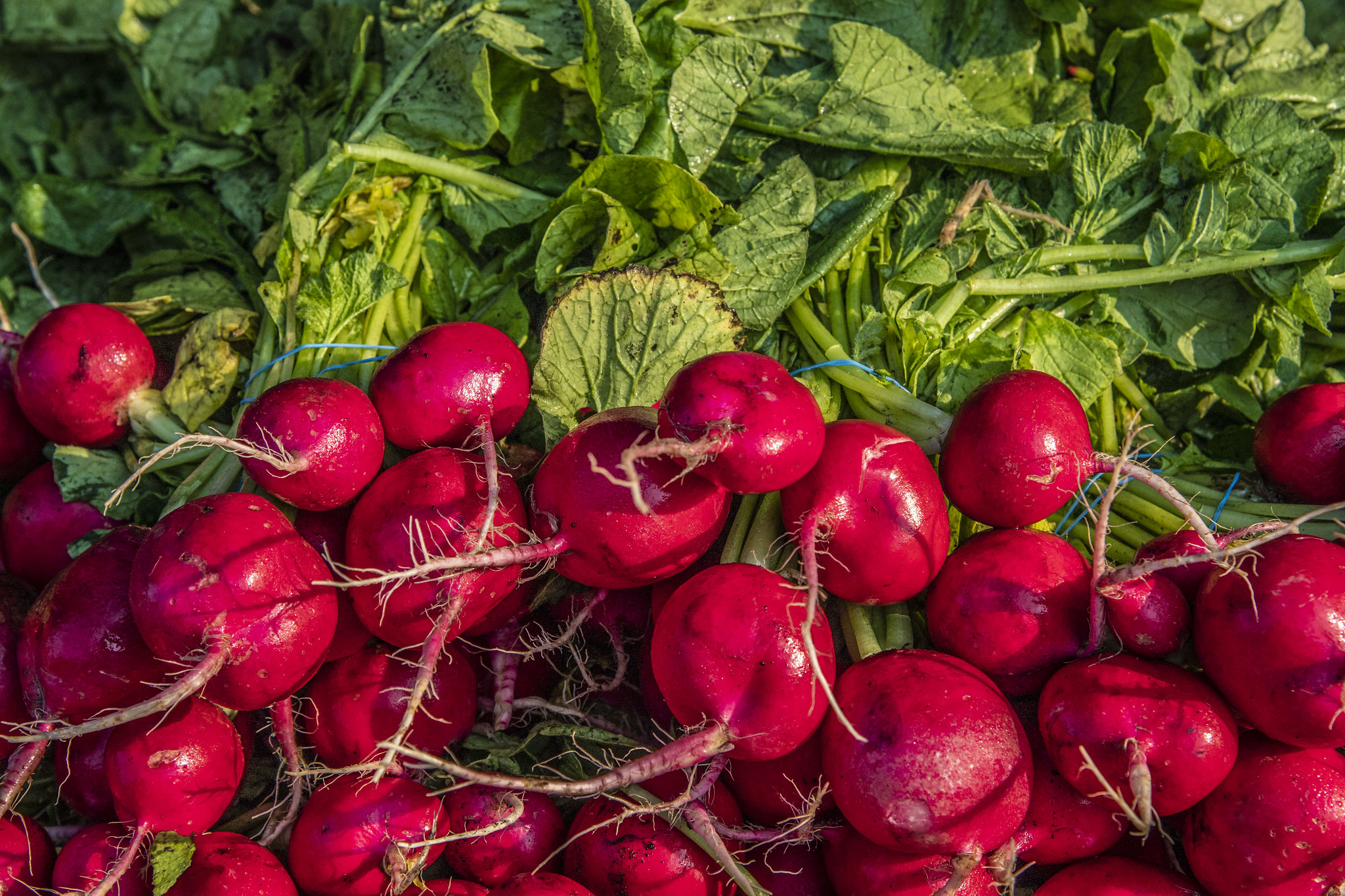Crops
 The effects of climate change on crop production will vary by region, and will largely be a factor of impacts on resources important to agricultural production, such as soil and water.
The effects of climate change on crop production will vary by region, and will largely be a factor of impacts on resources important to agricultural production, such as soil and water.
Soils provide a wide variety of ecosystem services, including regulating carbon through sequestration and providing a structure to support crop plants. Erosion of soil, the primary source for soil particles to leave agricultural fields, may increase in certain areas of the U.S. due to climate change. Some areas of the country will experience less rainfall, causing soils to dry out. Combined with higher winds, this may lead to higher rates of wind erosion. Other areas may experience more intensive rainstorms, which can increase erosion rates by washing out stream banks, for example. Other factors affecting soil erosion that may increase or decrease due to climate change include changing irrigation needs, snowmelt patterns, soil erodibility, conservation practices, and topography.
Continue to the full text Croplands in a Changing Climate or browse related content:
-
Adoption of Climate-Smart Innovations in Thailand
Adoption of climate-smart innovations to increase productivity, reduce environmental impact, and expand trade in…
-
Malawi Market Transitions for New Growth Opportunities
The USDA Food for Progress-funded project works with market-ready farmer organizations, agro-enterprises, entrepreneurs…
-
Cacao for Peace - Colombia
Cacao for Peace is a program intended to strengthen the Cacao sector in Colombia by supporting scientific research in…
-
Developing Vegetable Production to Meet Evolving Market Expectations in the Philippines
A project to improve the capacity of selected vegetable producers to better meet consumer expectations in terms of…
-
Climate-Smart Nutrient Management in Smallholder Cereal Production
A project in India to improve nutrient-use efficiency to increase food production, enhance climate resilience, and…
-
No-Till Farming for Climate Resilience
No-till farming keeps crop residues on farmland, protects soil, and limits the release of greenhouse gases.
-
Cover Crops for Climate Resilience
Cover crops can make farms more resilient to the impacts of climate change by enhancing soil health and water quality.
-
Climate Change, Global Food Security, and U.S. Food System Assessment
The result of a three-year effort led by the U.S. Department of Agriculture, this study brought together over thirty…
-
Adapting Philippine Agriculture to Climate Change
At least 1.25 million poor farmers and 5 million indirect beneficiaries will benefit from Adapting Philippine…










